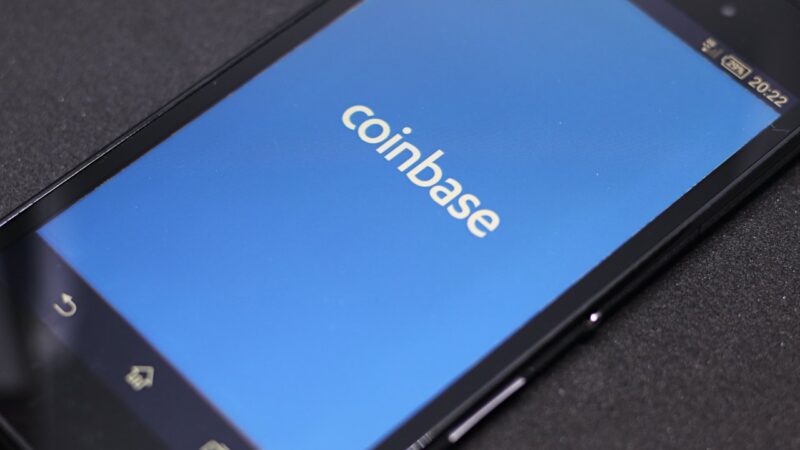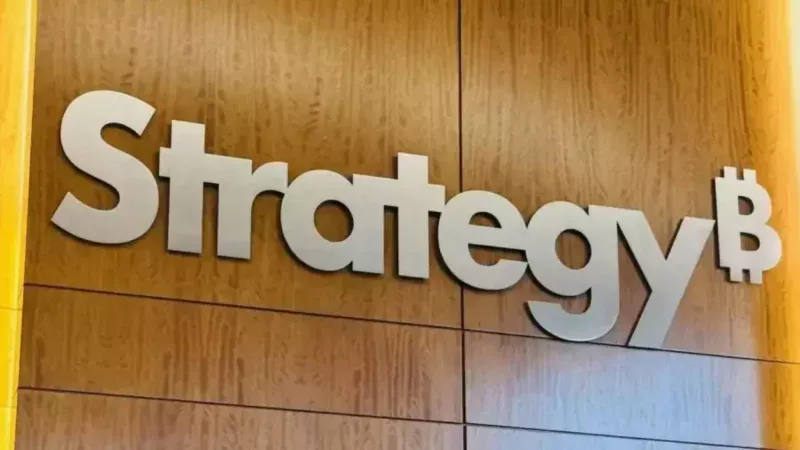Brazil checks law for Bitcoin reserve

A new draft law could make Brazil one of the first major economies to use Bitcoin as a strategic reserve in state assets.
An initiative by Federal MP Eros Biondini suggests that a sovereign strategic bitcoin reserve (resbit) set up. The law would make it possible to gradually invest up to 5% of Brazilian foreign exchange reserves – around $ 18.6 billion – in Bitcoin. The aim would be to diversify the currency reserves, to cushion fluctuation and geopolitical risks and to support the national digital currency Drex.
Goals and framework of the law
The RESBIT draft provides for a step-by-step implementation, managed by the central bank and Ministry of Finance. Cold storage solutions, blockchain-based surveillance with AI and semi-annual reports to the congress are also planned.
“Resbit is a strategic instrument that puts Brazil at the top of the digital economy, lowers economic risks and promotes technological opportunities.” – Eros Biondini
A central aspect of the law is to link the Bitcoin reserve to the planned CBDC Drex. Bitcoin could serve as a backing for digital real and create trust in times of crisis. In addition, the draft includes educational measures: public blockchain training, academic cooperation and promotion of local start-ups.
International role models and controversy
The Brazilian approach takes reference to countries like El Salvador, which already Bitcoin as a legal means of payment has introduced, as well as to the US initiative for a State Bitcoin reserve. But critics warn of the volatility of BTC and possible risks for financial stability. The draft law tries to counteract this with a controlled acquisition process and clear accountability.
Should Brazil say goodbye to the law, it would be one of the first major emerging countries to create Bitcoin in official reserves. It could have a signal effect for all of Latin America-especially for states with high FX volatility. The integration of BTC and Drex also shows how governments could anchor digital innovations in macroeconomics.
The proposal is increasingly receiving cross -party support, especially from economic factions. Analysts see an indication in the debate that Bitcoin in Brazil is no longer only regarded as a speculation object, but as a macroeconomic tool – with potential for a new era of state financial policy. A farewell to the near future is unlikely.





